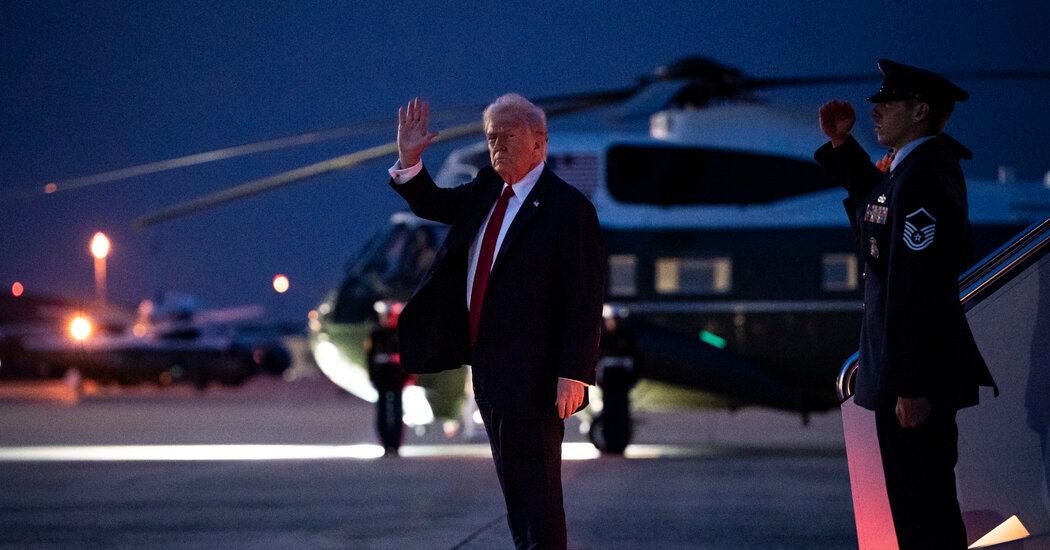Shifting Alliances: The Changing Landscape of Global Relations
The incoming Chancellor of Germany is increasingly convinced that the long-standing defense and trade relationship with the United States is deteriorating. In response, he has set forth plans to pursue a goal of greater independence from the U.S.A. This sentiment is not unique to Germany; it is echoed by leaders across the globe.
Recently, the new Prime Minister of Canada declared that “the old relationship we had with the United States” — historically characterized by a robust military and economic partnership — has reached a turning point and is now “over.” Meanwhile, in Poland, the President has begun to publicly contemplate the acquisition of nuclear weapons as a means of securing national defense.
Adding to this atmosphere of uncertainty, the newly elected leader of Greenland, a territory that has hosted American air bases since the end of World War II, reacted with indignation to the unexpected visit from a high-ranking American delegation. Prime Minister Jens-Frederik Nielsen took to social media to assert, “President Trump says that the United States ‘will get Greenland.’ Let me be clear: The United States will not get it. We do not belong to anyone else. We decide our own future.”
These developments are direct consequences of President Trump’s contentious rhetoric, which has included threats to abandon NATO allies whose financial contributions he finds inadequate. His assertion that the European Union was established “to screw” the United States, coupled with his ambitions to expand America’s land holdings, has sparked a wave of resistance and alienation among traditional allies.
As tensions escalate, President Trump is poised to announce his much-anticipated “Liberation Day” tariffs this Wednesday. The specifics of these tariffs remain shrouded in uncertainty, contributing to an atmosphere of anxiety in the markets. Political leaders are equally apprehensive, especially since Trump has indicated that the tariffs will target not only adversaries like China but also nations that were previously seen as America’s closest defense and intelligence partners.
Officials from the Trump administration have largely avoided discussing the potential costs that consumers might face or the repercussions such tariffs could impose on American farmers. Moreover, the administration has yet to provide a comprehensive cost-benefit analysis of the President’s policies, leaving many to wonder whether the revenue generated will justify the damage inflicted upon America’s crucial alliances.




